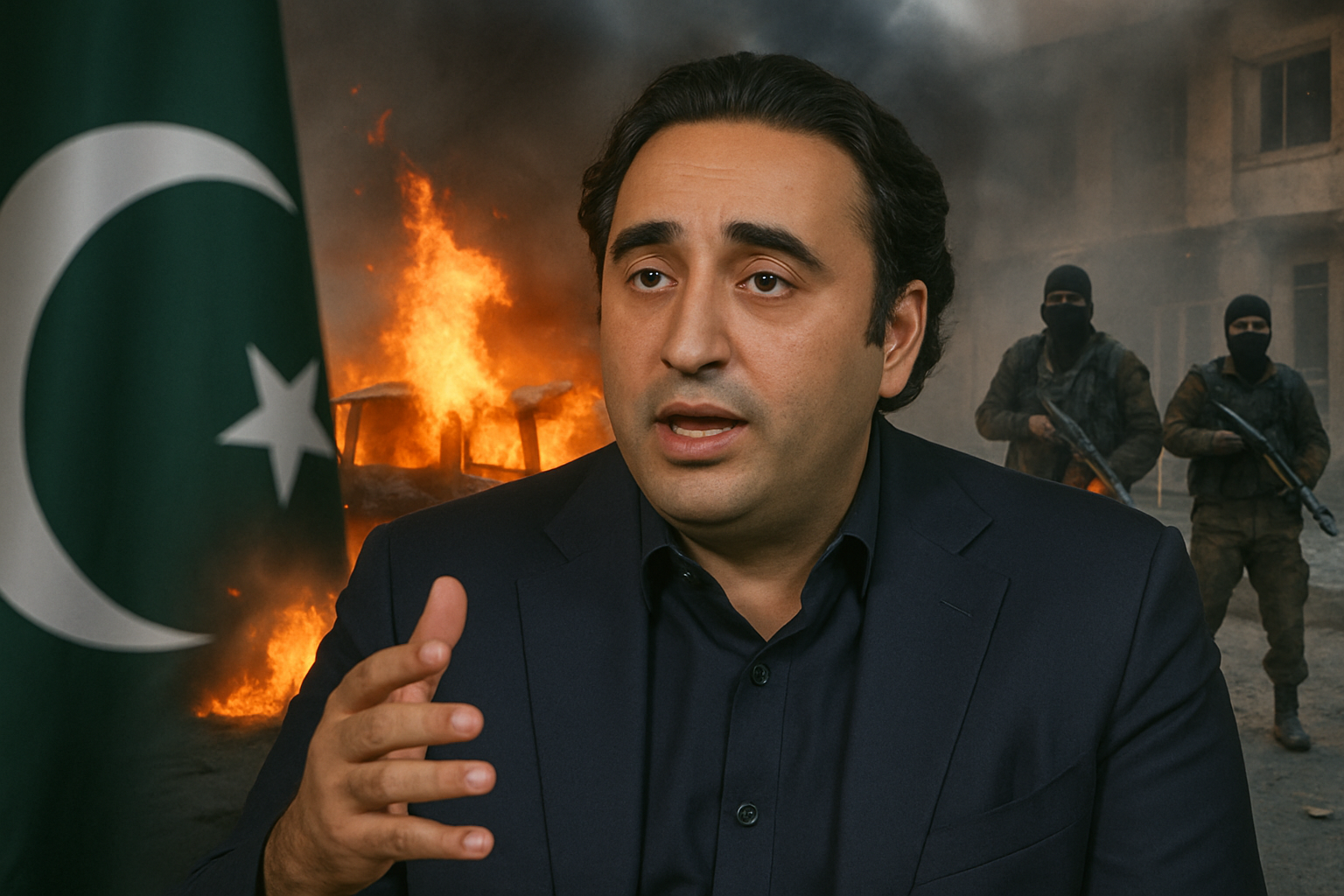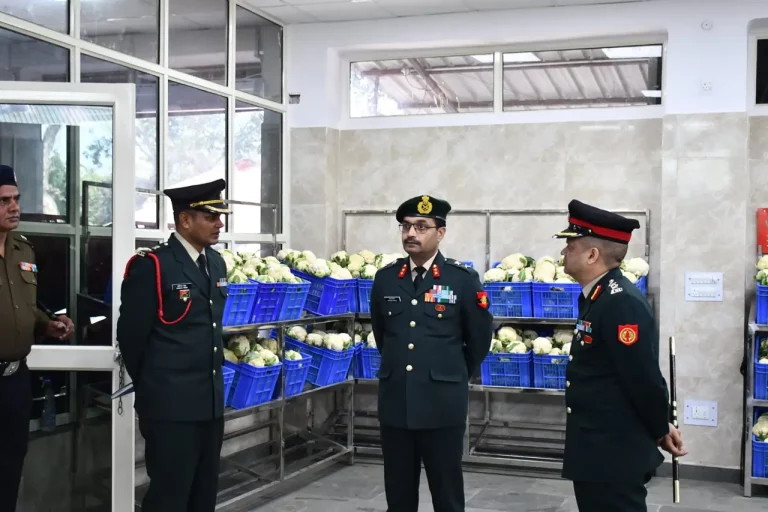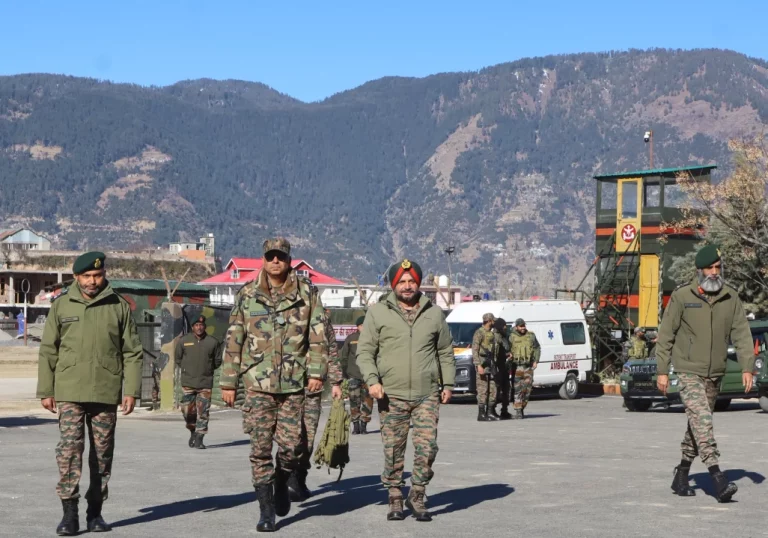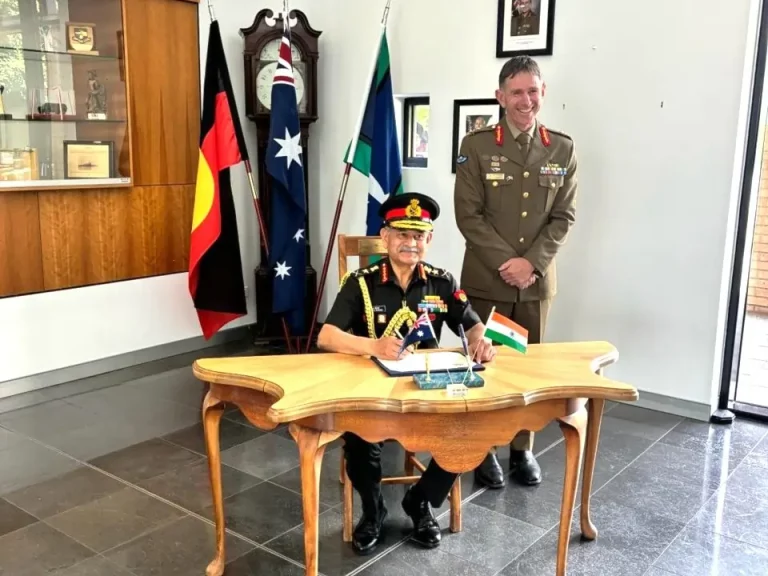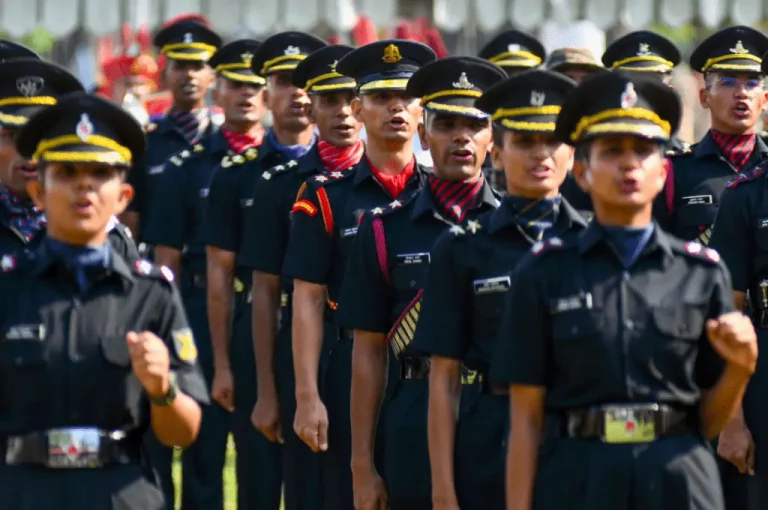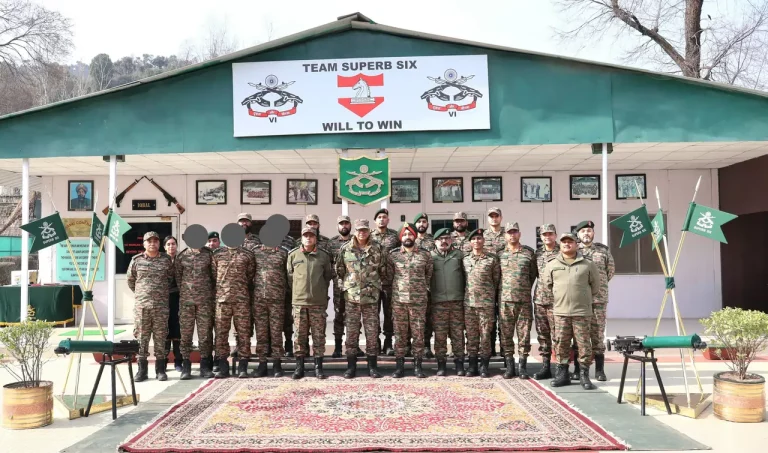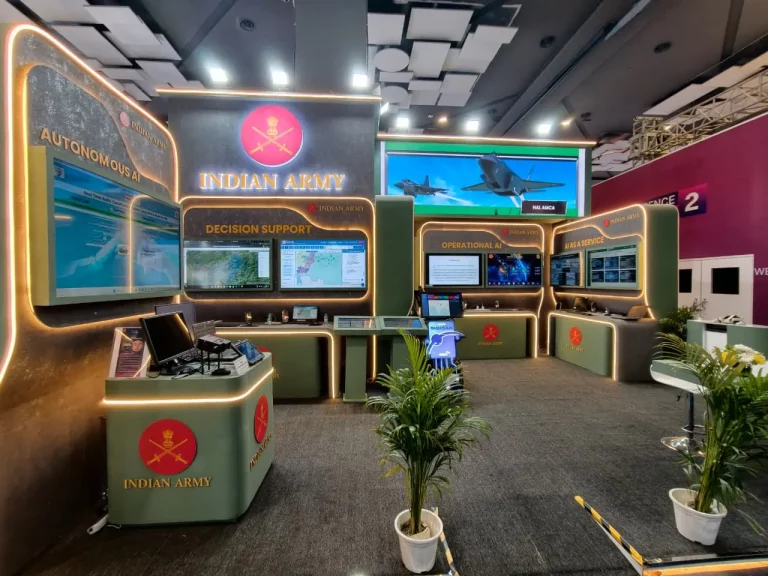In a significant development, former Pakistani Foreign Minister Bilawal Bhutto-Zardari has openly recognized Pakistan’s historical support for terrorist organizations, marking a rare admission that has reignited scrutiny of the nation’s counterterrorism efforts. His comments come at a time of heightened regional tension, particularly following a devastating terrorist attack in Jammu and Kashmir.
During an interview, Bhutto described Pakistan’s involvement with extremist groups as “an unfortunate part of our history,” emphasizing that the country has shifted its approach in recent years. He reflected on the internal challenges faced by Pakistan due to extremism, noting the assassination of his mother, former Prime Minister Benazir Bhutto, in 2007 as a painful consequence of this ongoing struggle. “We have suffered, Pakistan has suffered. We have gone through wave after wave of extremism. But as a result of what we suffered, we also learned our lessons,” he stated.
Bhutto’s remarks came shortly after Defence Minister Khwaja Asif also acknowledged Pakistan’s longstanding ties with terrorist organizations, which escalated during the Soviet-Afghan conflict and the subsequent shifts in global geopolitics following 9/11. Asif labeled this policy as a “mistake,” implicating Pakistan’s alignment with U.S. objectives during the broader Cold War context and the War on Terror.
These admissions are particularly noteworthy given their timing, following a tragic attack in Pahalgam, Jammu and Kashmir, where 26 civilians lost their lives. Indian authorities attributed this incident to Lashkar-e-Taiba, a group closely linked to Pakistan’s military-intelligence framework. As a result, Indian officials and analysts have intensified their calls for accountability and actionable measures against terrorism.
During a rally in Mirpur Khas, Bhutto also touched on current regional dynamics. He advocated for peaceful coexistence but simultaneously asserted that Pakistan would stand ready to defend itself: “Pakistan is a peaceful country, and Islam is a peaceful religion. We do not want war, but if someone attacks our Sindhu, then they should be ready for war.”
India has consistently accused Pakistan of facilitating cross-border terrorism, particularly in Jammu and Kashmir. A comprehensive 2008 report from the Saban Center at the Brookings Institution categorized Pakistan as one of the world’s most active state sponsors of terrorism, a view echoed by numerous international security agencies.
In 2019, former Prime Minister Imran Khan disclosed the presence of tens of thousands of militants on Pakistani territory, revealing the failures of successive governments to dismantle these networks. Despite being removed from the Financial Action Task Force (FATF) gray list in October 2022 after making strides to combat terror financing and money laundering, concerns remain over operational terrorist networks along Pakistan’s borders.
Bhutto’s admission contributes to a growing trend of official confessions that some interpret as an attempt to reshape Pakistan’s international image amid increasing scrutiny. Nonetheless, observers in India caution that such rhetoric must translate into decisive action against terrorist infrastructure to have any substantial impact.
As regional security continues to be precarious, the international community is keenly observing Pakistan’s commitments, anticipating concrete and verifiable steps to sever connections with extremist organizations.
